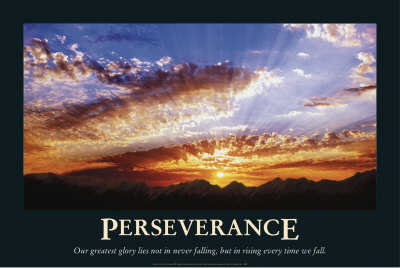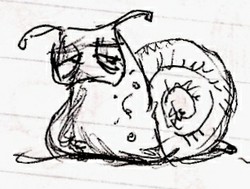I was in therapy for several years. I admit it freely and openly, I'm *proud* of it. For one thing, going through therapy taught me to re-think my perceptions of what therapy was; I came to see that attending sessions with a counselor of some sort was much less like the ancient, sour "traditional" concept of something you do when you're weak or broken, and more like something you do as an act of inner strength.
Secondly, the company I worked for PAID for counseling if we wanted it...why WOULDN'T a person go?
I always looked at therapy the same way I looked at getting a physical trainer when I first started going to the gym; the expert teaches you proper techniques to build up your strength in order to prevent you from harming yourself!
Of the many things I worked on with my therapist, and one of the bigger issues that came up repeatedly was:
REJECTION!
I'm an artist. I bruise easily. I'm a Pisces. I bruise easily *even when no one hits me!* And I have worked in Hollywood for several years. They should take down the big "Hollywoodland" sign and replace it with neon letters spelling out "REJECTION LAND!" It's common knowledge people who work and dwell in entertainment-based arts have to build up a "tough skin."
But you don't have to be a performer or artist to feel rejected. Everyone has wanted something or someone and not gotten it at some point. How does it make us feel? Like jumping for joy? Not likely.
A dictionary defines rejection as refusal of something (i.e., an active action), but I think most of us see rejection as an act of being denied what we want out of life at any given moment (i.e., a passive action you can't control). It is, naturally, something most people avoid, either way. But IS rejection avoidable? And CAN you "deal" with it?











 Tips To Help You Stay On A Fitness Routineon 07/25/2013
Tips To Help You Stay On A Fitness Routineon 07/25/2013
 Tips To Look Out For In A New Relationshipon 07/24/2013
Tips To Look Out For In A New Relationshipon 07/24/2013
 Four Stupid Movieson 07/24/2013
Four Stupid Movieson 07/24/2013
 Five Stupid Songson 07/21/2013
Five Stupid Songson 07/21/2013



Comments
Thank you!
Great advice.